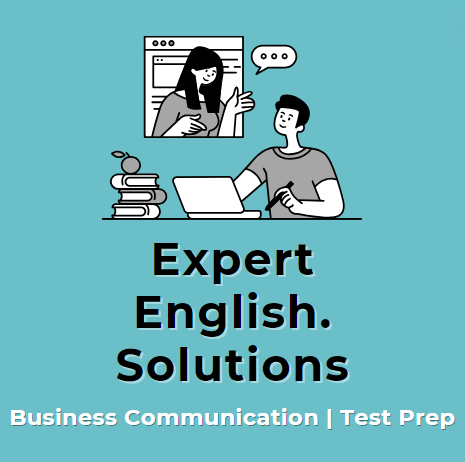Mastering ESL Interjections for Successful Meeting Communication - 20 'Powerful' Interjections
Effective communication is crucial in any professional setting, especially during meetings. As a non-native English speaker, mastering interjections is an essential skill for successful meeting communication. Interjections add clarity, emotion, and emphasis to our speech, helping to convey our thoughts and ideas more effectively. In this article, we will explore 20 'powerful' interjections that can significantly enhance your communication skills in meetings, ultimately helping you achieve meaningful interactions with your colleagues.
20 Powerful Interjections:
Can I just check I’ve understood you correctly?
This phrase helps you confirm your understanding, ensuring that you're on the right track and preventing potential misunderstandings.
Can I just say something?
Use this interjection when you want to contribute to the conversation or share your perspective on a particular point.
I am not familiar with…
When faced with unfamiliar information, expressing your lack of familiarity politely can open the door for further explanation.
But…
Introducing a counterpoint with "but" allows you to diplomatically present an alternative viewpoint or raise a concern.
What exactly do you mean by?
Seeking clarification is crucial. This question helps you understand the speaker's intended meaning, avoiding confusion.
Can I just stop you for a second?
Use this interjection when you need to interrupt someone to ask a question or seek clarification on a specific point.
Ok, I understood almost everything, but not the last bit.
Acknowledging comprehension up to a point while expressing confusion about a specific aspect helps pinpoint where you need clarification.
Would you mind speaking a little more slowly, please? I’m having trouble keeping up.
If the conversation is moving too fast, politely requesting a slower pace allows you to keep up with the discussion.
Sorry to interrupt, but…
Apologizing before interrupting shows respect for the speaker and emphasizes the urgency or importance of your input.
Sorry, I didn’t catch the last word.
Admitting when you miss a word demonstrates active listening and a commitment to understanding the complete message.
Sorry, I’m not sure I’ve…
Expressing uncertainty about your understanding prompts others to provide additional information, fostering clarity.
Sorry, you’ve totally lost me. What are you referring to?
If you feel completely lost in the conversation, admitting it early on can prevent further confusion and facilitate a clearer explanation.
Let me play devil’s advocate for a minute.
Introducing a counterargument can stimulate critical thinking and encourage a more thorough exploration of the topic.
That’s a bit beyond me; could you explain it more simply?
Requesting a simpler explanation demonstrates humility and a commitment to learning, fostering a supportive communication environment.
Hang on a second, I’m not quite following you.
Pausing the conversation briefly to express confusion allows the speaker to backtrack or elaborate on unclear points.
I’m sorry, I didn’t quite catch your name.
If you miss a crucial piece of information, such as a name, asking for a repetition ensures you have the correct details.
To be honest, I’m not sure I agree with you.
Expressing disagreement respectfully opens the door for healthy debate and diverse perspectives.
That’s a fair point, but have you considered…
Acknowledging the validity of a point before introducing a new perspective promotes constructive dialogue.
Sorry, I’m still not quite clear on that…
Reiterating your confusion signals the importance of clarity and encourages others to rephrase or elaborate.
Hold on; let me think about that for a moment.
Taking a moment to reflect before responding demonstrates thoughtfulness and ensures your contributions are well-considered.
Conclusion
Mastering interjections in English as a non-native speaker is a valuable skill that significantly improves your meeting communication. Each of the 20 interjections discussed above serves a specific purpose, allowing you to better express your thoughts, engage with colleagues, and contribute effectively during meetings. By incorporating these 'powerful' interjections into your professional conversations, you will enhance your overall communication skills and create a more engaging and successful meeting environment.
And remember, you can always send us a message at info@expertieltssucess.com if you’d like more support with business communication.
